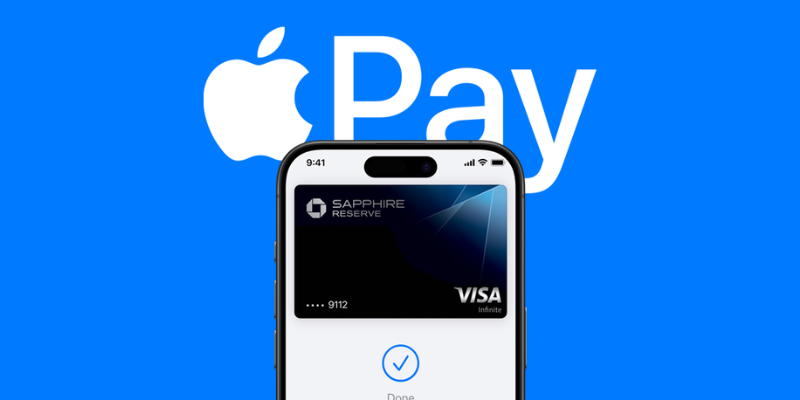Details
Written by: RJ
he Consumer Financial Protection Bureau (CFPB) is exploring regulating non-banks and fintechs that operate in the payment services space. Think Apple Pay, Google Wallet, etc.
Big Tech and other companies operating in consumer finance markets blur the traditional lines that have separated banking and payments from commercial activities. The CFPB has found that this blurring can put consumers at risk, especially when the same traditional banking safeguards, like deposit insurance, may not apply. Despite their impact on consumer finance, Big Tech and other nonbank companies operating in the payments sphere do not receive the same regulatory scrutiny and oversight as banks and credit unions. While the CFPB has enforcement authority over these companies, the CFPB has not previously had, inside many of these firms, examiners carefully scrutinizing their activities to ensure they are following the law and monitoring their executives.
The proposed rule would subject larger nonbank digital consumer payment companies to the CFPB’s authority to conduct examinations, helping to ensure consistent application of federal consumer financial laws across the marketplace. Specifically, the proposed rule would help ensure these large nonbank companies:
- Adhere to applicable funds transfer, privacy, and other consumer protection laws: The CFPB would be able to supervise larger participants for compliance with applicable federal consumer financial protection laws, which includes applicable protections against unfair, deceptive, and abusive acts and practices, rights of consumers transferring money, and privacy rights.
- Play by the same rules as banks and credit unions: The CFPB’s supervision of these large companies can foster a level playing field with depository institutions. Greater supervision of nonbanks in this market would ensure federal consumer financial protection law is enforced consistently between non-depository and depository institutions in order to promote fair competition.

Thoughts
Not unreasonable to consider. I wouldn’t be surprised if this wasn’t started by the big banks lobbying for it. Trying to reign in the competitive advantage a bit.


Considering how some of these regulator agencies / bureaus are funded by members they are regulating I think your thoughts on this story are spot on. In the case of the Consumer Financial Protection Bureau that is funded by the private group that controls the U.S money supply, the Federal Reserve.